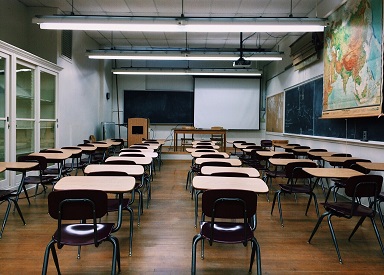Point Of Change Counselling
promoting change that heals
face-to-face, Skype or telephone appointments available

Schooling is one of the most challenging issues faced by children and parents. While there is currently a lot of attention being paid (and rightly so) to the impact of bullying, there are many other issues that are part of the school experience, which have a significant effect on our children's wellbeing.
We can frequently feel overwhelmed when our child is going through a tough time. Even if they don't want to attend counselling, it can be a valuable tool for helping you address your own anxieties as well as gaining insights into how best to support your child.
For help in dealing with school-related issues, contact Alli at Point Of Change Counselling and make an appointment.